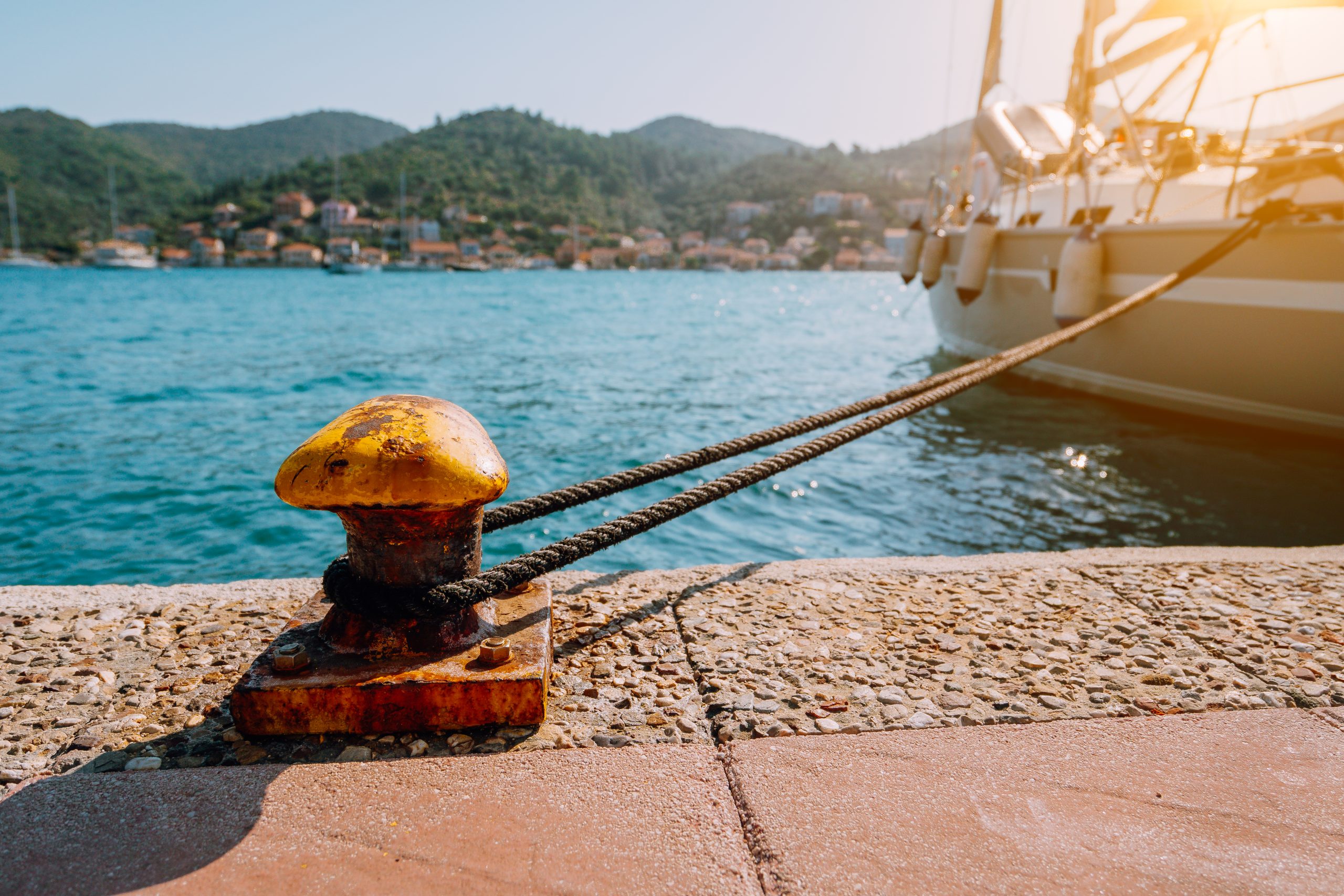Boating is a fun and exciting activity that can be enjoyed by people of all ages. Whether you are sailing on calm waters or speeding through rough waves, it’s essential to keep your boat well-maintained for safe and enjoyable boating experiences. In this blog post, we will discuss the five essential maintenance tasks that you should perform regularly to ensure that your boat stays in top condition.
Tips for Safe Boating
Before we dive into the maintenance tips, let’s talk about some general safety guidelines when it comes to boating. Firstly, always wear a life jacket while on board. It’s also crucial to have enough life jackets for everyone on board, including children. Secondly, make sure that your boat has proper lighting and signaling devices in case of an emergency. Thirdly, check the weather conditions before setting out on your trip, and avoid boating during bad weather. Lastly, follow the rules of the waterways and obey all navigation signs.
Introduction to Boating Maintenance
Now that we’ve covered the basics of boating safety, let’s move onto the maintenance tasks that will help keep your boat in good shape. The following five tasks are essential for maintaining your boat:

1. Cleaning and Polishing – Regular cleaning and polishing of your boat’s exterior will prevent rust and corrosion from developing. Use a soft cloth and mild soap to wash down the hull, and then apply a wax coat to protect against UV rays and saltwater damage.
2. Check Engine Oil Levels – Make sure to check the engine oil levels regularly, and change the oil as per the manufacturer’s recommendations. Low oil levels can cause engine failure, so it’s critical to keep them at optimal levels.
3. Inspect Fuel Lines – Faulty fuel lines can lead to leaks, which can result in fires or explosions. Therefore, inspect the fuel lines regularly, and replace any damaged or worn parts immediately.
4. Test Batteries – If your boat has a battery-powered engine, test the batteries regularly to ensure they hold a charge. You may need to recharge or replace the batteries if necessary.
5. Winterizing Your Boat – Finally, winterizing your boat is an essential task that involves preparing your boat for storage during the offseason. This includes draining the fuel tank, changing the oil, flushing the cooling system, and adding antifreeze to the engine.
Getting Your Boat Ready for Boating Season
Once spring rolls around, it’s time to get your boat ready for the boating season ahead. Here are some steps to take:
1. Check the Hull – Inspect the hull for any damage or scratches, and repair them promptly.
2. Replace Filters – Change the filters on your boat’s engines, generators, and air conditioners.
3. Check Electrical Systems – Ensure that all electrical systems are working correctly, including lights, horns, and bilge pumps.
4. Test Engines – Start up each engine and listen for unusual sounds or vibrations. Also, check the exhaust for excess smoke or fumes.
Sailboat Maintenance Tips
If you own a sailboat, there are additional maintenance tasks that you should perform regularly. These include:
1. Shroud Inspection – Inspect the shrouds (wires that support the mast) for any corrosion or weakness. Repair or replace them as needed.
2. Mainsheet Inspection – Check the mainsheet (rope used to control the sails) for fraying or chafing. Replace it if necessary.
3. Rigging Inspection – Inspect the rigging (the ropes and cables that hold up the mast) for any signs of wear or tear. Replace any damaged components promptly.
Conclusion: The Importance of Regular Boat Maintenance
Regular boat maintenance is essential to keeping your vessel seaworthy and ensuring safe and enjoyable boating experiences. By performing these five essential maintenance tasks and following basic safety guidelines, you can extend the lifespan of your boat and minimize the risk of breakdowns or accidents. So, whether you’re a casual boater or a serious sailor, remember to prioritize regular boat maintenance to maximize your time on the water.

